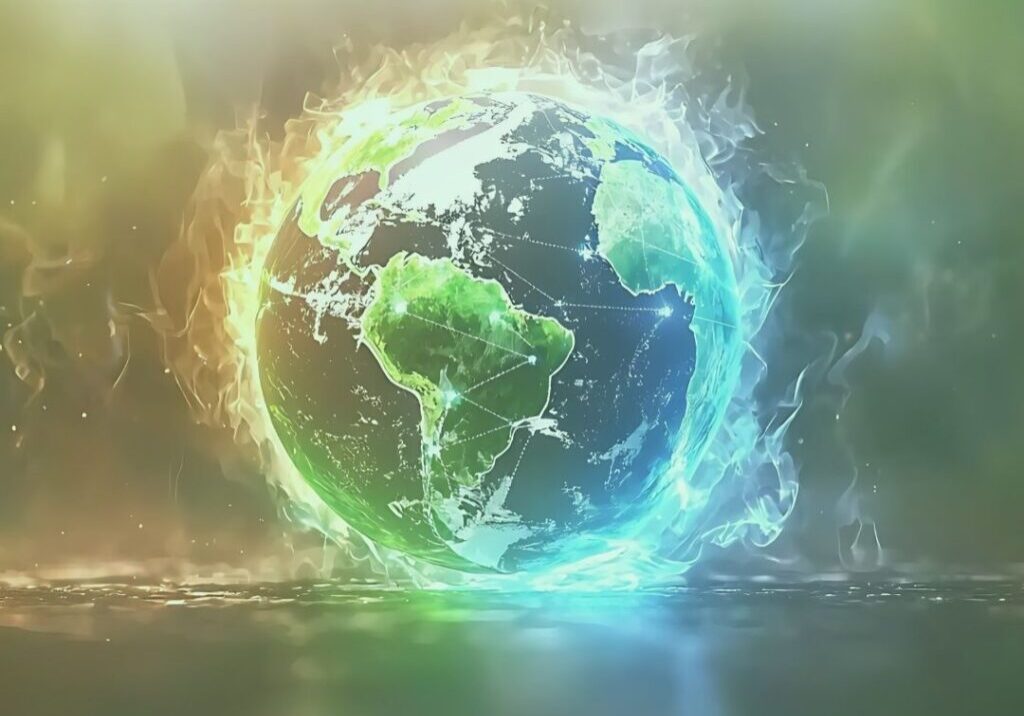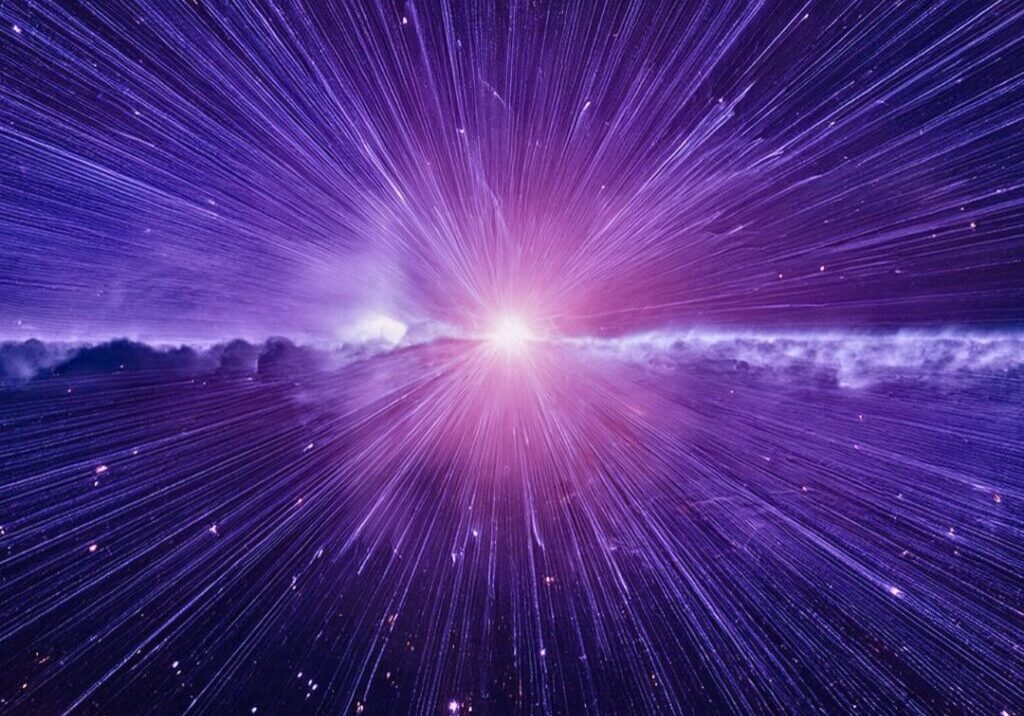The Depth Of Love In A Shallow Culture
In an illuminative book written over twenty years ago called Following Christ in a Consumer Culture the late Jesuit philosopher John Kavanaugh examined the flattening out of the human person by the shallow lures of consumerism. The consumer society, he said, is a formation system and a training ground which educates us to a life of fragmented relatedness. It aims to squeeze us empty so we can be filled with useless things we mindlessly accumulate, although we have no real need of them. Consumerism has come to supplant human identity. We label ourselves and one another by what we wear, the cars we drive and gadgets we possess, as one person said: “I buy therefore I am.” The lure of consumer marketing is powerful. Through mass marketing and ad conditioning we are drawn into images of smarter, faster, sexy and sleeker cars, clothes, phones, dust mops, shoes, etc. played over and over again on our TV or internet screens so that eventually we become entranced and enslaved by these powerful images. The consequence of consumer enslavement, Kavanaugh wrote, is the flattening out of our interior lives. Hollowed out like pumpkins we are ripened into consuming vessels leading to fragmented relations, shallow intimacy, and atrophied relationships.
In an astute manner, Kavanaugh noted that consumerism has in some ways come to supplant religion. Malls are cathedrals of consumption, he said, while buying and consuming have become vehicles for experiencing the sacred. No longer content with what we have or what we are, consumerism promises a better life with newer things. The power of the system is such that consumer debt and maxed out credit cards are signs of belonging to the temple of things; and the powers of consumerism do not care one iota if one has to declare bankruptcy.
In a very subtle way, consumerism is a type of quiet domestic terrorism, hijacking the human person, excising the immortal soul, and replacing it with a final blowout sale. As a result of the relentless pressure to buy, there is little time to reflect on the human person or human community, leading to a culture of rampant depersonalization, which in turn legitimates violence. After all if we are simply imperfect bodies that can be made over with stuff then what does it matter if we discard bodies in the same way we discard stuff? If we give away our excess goods, why not give away excess or unwanted persons as well?
The shallowness of the consumer culture is played out in a different key in the internet culture. Children born in the last thirty years are digital natives with ready-made thumbs for texting and twitting; email is for old people. In an insightful Atlantic Monthly article titled, “Is Facebook Making Us Lonely?” Stephen Marche notes that loneliness is on the rise despite our wired world of instant communication. The advent of the computer network promised a global village but instead we inhabit the drab cul-de-sac and endless freeway of a vast suburb of information. Artificial lighting and artificial screens (the brightest and the lightest of course) occupy our daily visual fields. The real time exposure of a human face can seem like a blinding light and often we are unsure how to respond to the startling reality of a real time human. The awkwardness of human interactions impel us to quickly retreat to our private screens. The paradox of the internet society is that Google and Facebook promise instant information binding us together; however, societies are breaking down at alarming rates resulting in higher rates of suicides, gun violence and domestic violence all of which are grist for primetime television entertainment.
 Consumerism in an internet culture is a very strange existence. Insecure in our relationships and anxious about intimacy, we look to technology for ways to be in relationships and protect ourselves from them at the same time. The ties we form through the internet are not, in the end, the ties that bind us but rather they preoccupy us and protect us from real relationships. As a result, Marche claims, loneliness increases to the extent that loneliness affects not only the brain but the basic process of DNA transcription. Loneliness affects the whole body: “when you are lonely, your whole body is lonely.” A lonely body in a consumer culture is a recipe for self-destruction.
Consumerism in an internet culture is a very strange existence. Insecure in our relationships and anxious about intimacy, we look to technology for ways to be in relationships and protect ourselves from them at the same time. The ties we form through the internet are not, in the end, the ties that bind us but rather they preoccupy us and protect us from real relationships. As a result, Marche claims, loneliness increases to the extent that loneliness affects not only the brain but the basic process of DNA transcription. Loneliness affects the whole body: “when you are lonely, your whole body is lonely.” A lonely body in a consumer culture is a recipe for self-destruction.
What does it cost to maintain a shallow culture built on consumerism and controlled virtual relationships? A very high price, indeed, for what is exchanged in this fleeting shallow life is the depth of love. Love cannot be purchased for a price nor can it be digitally programmed; love is that deep center to center personal relationship whereby the heart of one person finds itself centered in another. It is that mysterious core energy at the heart of all cosmic life by which being is drawn to being, a union of energies giving rise to new being and new life. “The force of love-energy is present from the Big Bang onwards, though indistinguishable from molecular forces” Teilhard wrote. On the human level, love takes what is deepest and most precious within us and offers itself freely as self-gift, in a way that words fail to comprehend the very nature of this gift. Love springs up from what Thomas Merton called the “true self” that is, the self that is loved by God into existence, whose secret identity is hidden in the love and mercy of God. True Love begins with loving the true self, this mysterious core existence of personal identity which neither science nor technology can reconstruct, for this self is hidden deep within the eternal heart of God—and God is the hidden humble presence of this mysterious self. Merton called this inner core of ineffable existence, Le Point Vierge. He wrote:
At the center of our being is a point of nothingness which is untouched by sin and by illusion, a point of pure truth, a point or spark which belongs entirely to God, which is never at our disposal, from which God disposes of our lives, which is inaccessible to the fantasies of our mind or the brutalities of our own will. This little point of nothingness and of absolute poverty is the pure glory of God in us. It is so to speak His name written in us, as our poverty, as our indigence, as our dependence, as our sonship. It is like a pure diamond, blazing with the invisible light of heaven. It is in everybody, and if we could see it we would see these billion points of light coming together in the face and blaze of a sun that would make all the darkness and cruelty of life vanish completely.
This mysterious vital core of personhood, this dazzling light within which radiates our own personal “thisness” is what ancient writers, such as Augustine or Bernard, knew to be the very source of our happiness and freedom, for this ineffable core is the dazzling light of God. As Augustine wrote, the deeper one’s participation in God, the greater the freedom in loving God, whereby God’s will and my will become entangled in a union of love. Thus by loving the earth and all its creatures, by loving the poor, the homeless, the rich, the ordinary person standing next to me in line, in every act of love I am loving God and God is loving me and loving the world through me, and together we thrive in the freedom of love. In this boundless energy of entangled love is my happiness and peace.
Teilhard de Chardin saw that the power of love can move us to a new level of existence. Love, he wrote, can bring us to the threshold of another universe; for it is love that takes what is deepest within us and transforms it into the gold of happiness and freedom. But to find this love we must discover ourselves each day as lovable and worthy of contributing to a new world. This is the challenge in the age of the tethered self where we are constantly on alert to the dings of texts and emails, pulling the self away from its inner dwelling place and spreading it wide and thin into the terrains of compulsion, forgetfulness, and immediate responses. All of this to say, the core crisis of our age is the crisis of love. We no longer know the truth of love or how to love or the reason why love alone can transform our world into a new level of shared life.
How to discover love anew in the age of the internet may be our greatest challenge ahead. For upon this discovery rests the entirety of our future and the future of the planet.  We can begin by unplugging our devices each day and spending time with another living being, including the beingness of our own lives. Solitude is the home of true love for it breeds a deep oneness with God that shapes one’s being like God, selfless in love, generous with time, patient with change, and happy in the present moment. Love that flows from the solitude of the heart is the energy that connects us to the other in the mall, the grocery store, the farmers market, or in the crowded train on a daily commute. Such love however, if it is genuine, opens our eyes to see another who is a reflection of myself. For we are intertwined in such a remarkable way that love alone can reveal the mystery of our existence. For to love someone is not to do things for them but to reveal to them their absolute value and beauty; in each person and creature, the face of God is revealed.
We can begin by unplugging our devices each day and spending time with another living being, including the beingness of our own lives. Solitude is the home of true love for it breeds a deep oneness with God that shapes one’s being like God, selfless in love, generous with time, patient with change, and happy in the present moment. Love that flows from the solitude of the heart is the energy that connects us to the other in the mall, the grocery store, the farmers market, or in the crowded train on a daily commute. Such love however, if it is genuine, opens our eyes to see another who is a reflection of myself. For we are intertwined in such a remarkable way that love alone can reveal the mystery of our existence. For to love someone is not to do things for them but to reveal to them their absolute value and beauty; in each person and creature, the face of God is revealed.
 View print-friendly version
View print-friendly version
2 Comments
Related Posts

The Earth Groans, AI Grows: Who Guides the Flame?
In this critical moment of planetary history, where ecosystems collapse, artificial intelligence proliferates, and human meaning trembles on the edge of uncertainty, we are faced with a profound question: What kind…


Loving god is consumerism at its highest!
As I am finding evident throughout the Omega Center web presence, this post overflows with thick rich content. Catching my eye in particular are the paradoxical perils of separation and loneliness increasingly present in an ever greater interconnected technological environment. As the Noosphere complexifies on its surface the challenge continues to be finding the connection with “ that deep center to center personal relationship whereby the heart of one person finds itself centered in another.”
As evident here in this on-line blog as present to all who read this now, to address this challenge I have reached out to a group of dear friends connected in local community to explore site content together as an Omega Center Discussion Group. With hope in faith, this will provide both an inside and outside path as we share further what entanglements co-created here on-line with you.